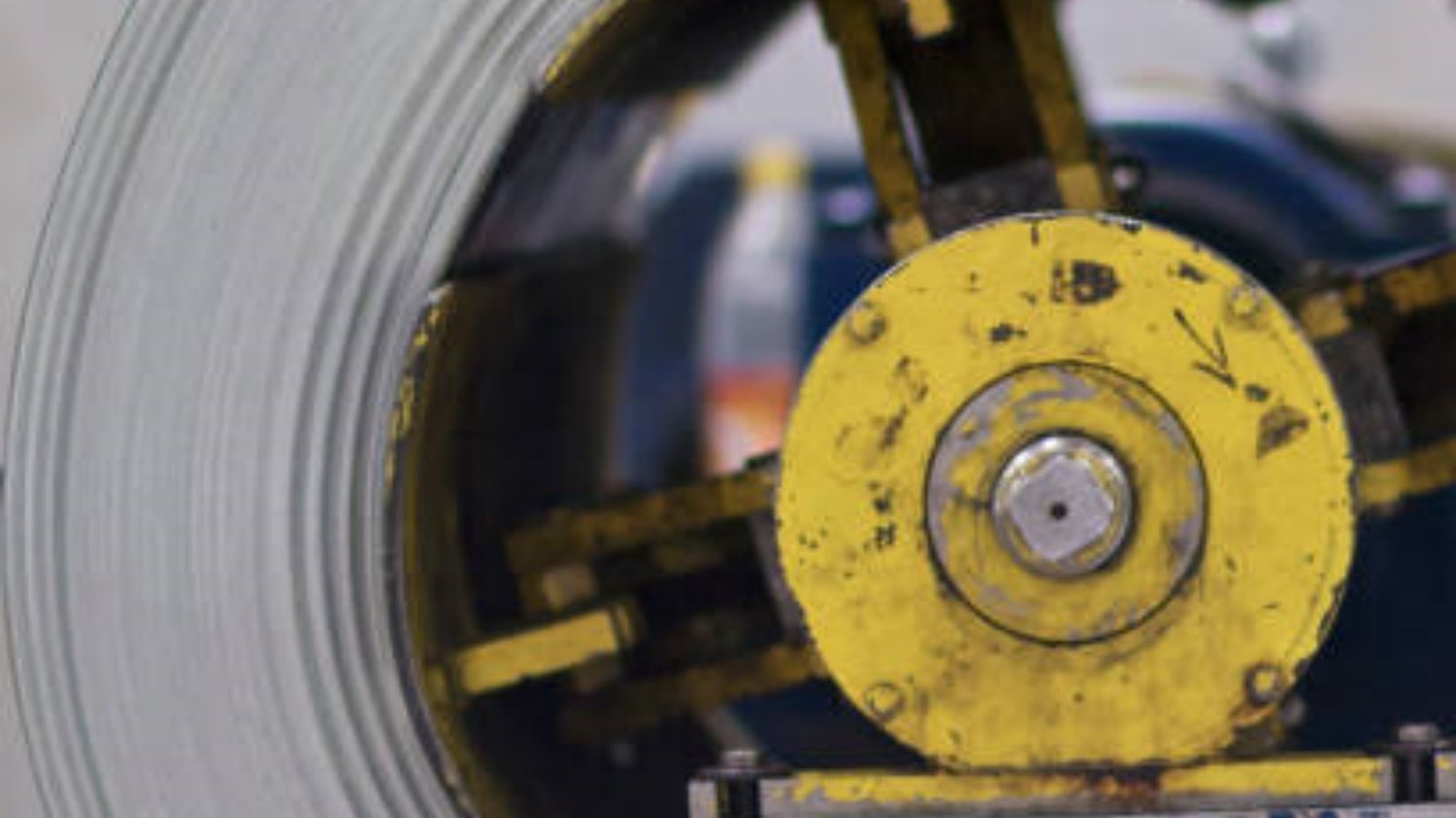Introduction
Polyurethane impellers are versatile components used in a wide array of industries and applications. With their exceptional durability, chemical resistance, and mechanical properties, these impellers offer several advantages over traditional materials like metal or rubber. In this article, we will explore the various applications of polyurethane impellers and discuss their benefits in different industries.
1. Water and Wastewater Treatment of Polyurethane Impellers
Polyurethane impellers find extensive use in water and wastewater treatment processes. These impellers are used in pumps, mixers, and aerators, where they help in the efficient mixing and circulation of fluids. The chemical resistance of polyurethane ensures that the impellers can withstand the harsh chemicals often present in these processes.
2. Industrial Mixing and Agitation of Polyurethane Impellers
In industries such as chemical, pharmaceutical, and food processing, polyurethane impellers are commonly employed in mixing and agitation equipment. The exceptional mechanical strength of polyurethane allows these impellers to withstand high-speed rotations and turbulent mixing conditions. They help in achieving uniform blending and consistent product quality.
3. Oil and Gas Industry
Polyurethane impellers are well-suited for applications in the oil and gas industry. They are used in pumps and compressors to handle abrasive fluids, including crude oil, drilling mud, and hydraulic fracturing fluids. The wear resistance of polyurethane ensures long-lasting performance, reducing downtime and maintenance costs.
4. HVAC Systems of Polyurethane Impellers
Heating, ventilation, and air conditioning (HVAC) systems rely on polyurethane impellers for efficient air circulation. These impellers are used in fans and blowers to move air through ductwork. The lightweight nature of polyurethane impellers helps in reducing energy consumption while providing reliable airflow.
5. Chemical Processing of Polyurethane Impellers
Polyurethane impellers find applications in various chemical processing operations, including mixing, blending, and dispersion. The chemical resistance of polyurethane allows these impellers to handle aggressive chemicals and maintain their performance over time. They are commonly used in reactors, agitators, and dispersers.
6. Food and Beverage Industry
Polyurethane impellers play a vital role in the food and beverage industry, ensuring efficient and hygienic processing. They are used in mixers, blenders, and homogenizers for applications such as mixing ingredients, emulsifying, and pasteurization. The FDA-approved polyurethane impellers meet the industry's stringent hygiene standards.
7. Mining and Mineral Processing of Polyurethane Impellers
In the mining and mineral processing industry, polyurethane impellers are widely used in pumps and hydrocyclones. They handle abrasive slurries and help in the separation of valuable minerals from the ore. The wear resistance and impact strength of polyurethane impellers make them ideal for these demanding applications.
8. Agriculture and Irrigation
Polyurethane impellers are essential components in agricultural pumps and irrigation systems. They help in the efficient distribution of water for irrigation purposes and are resistant to the corrosive effects of fertilizers and pesticides. The durability of polyurethane impellers ensures long service life even in demanding agricultural environments.
9. Automotive and Aerospace
In the automotive and aerospace industries, polyurethane impellers are used in various applications, including cooling systems and fuel pumps. The lightweight nature of polyurethane helps in reducing overall weight, improving fuel efficiency and performance. Additionally, the chemical resistance of polyurethane impellers ensures compatibility with different fuel types.
10. Renewable Energy
Polyurethane impellers also find applications in the renewable energy sector, particularly in wind turbines. They are used in the rotor blades to convert wind energy into rotational motion. The exceptional strength and fatigue resistance of polyurethane impellers make them suitable for withstanding the harsh operating conditions of wind turbines.

